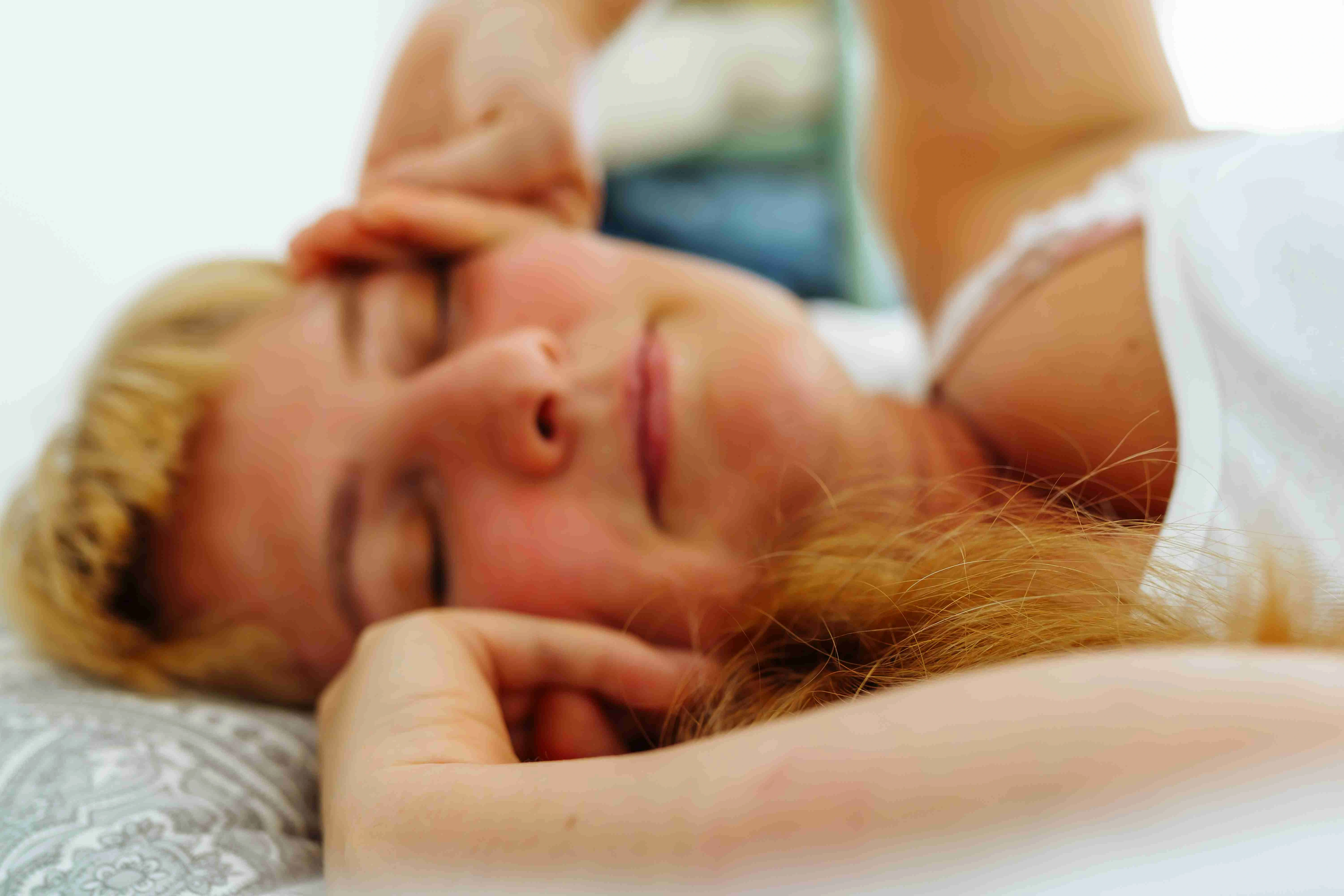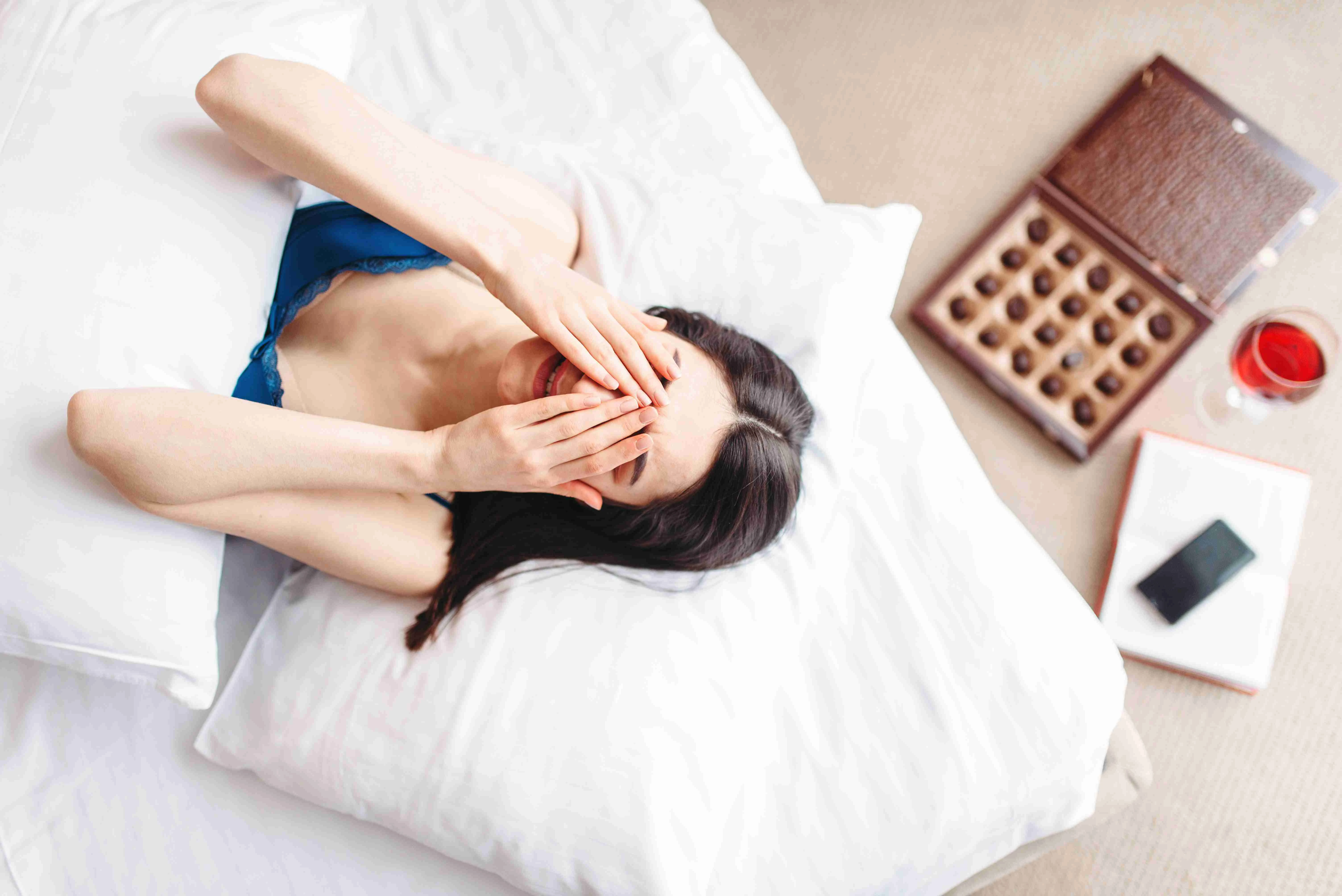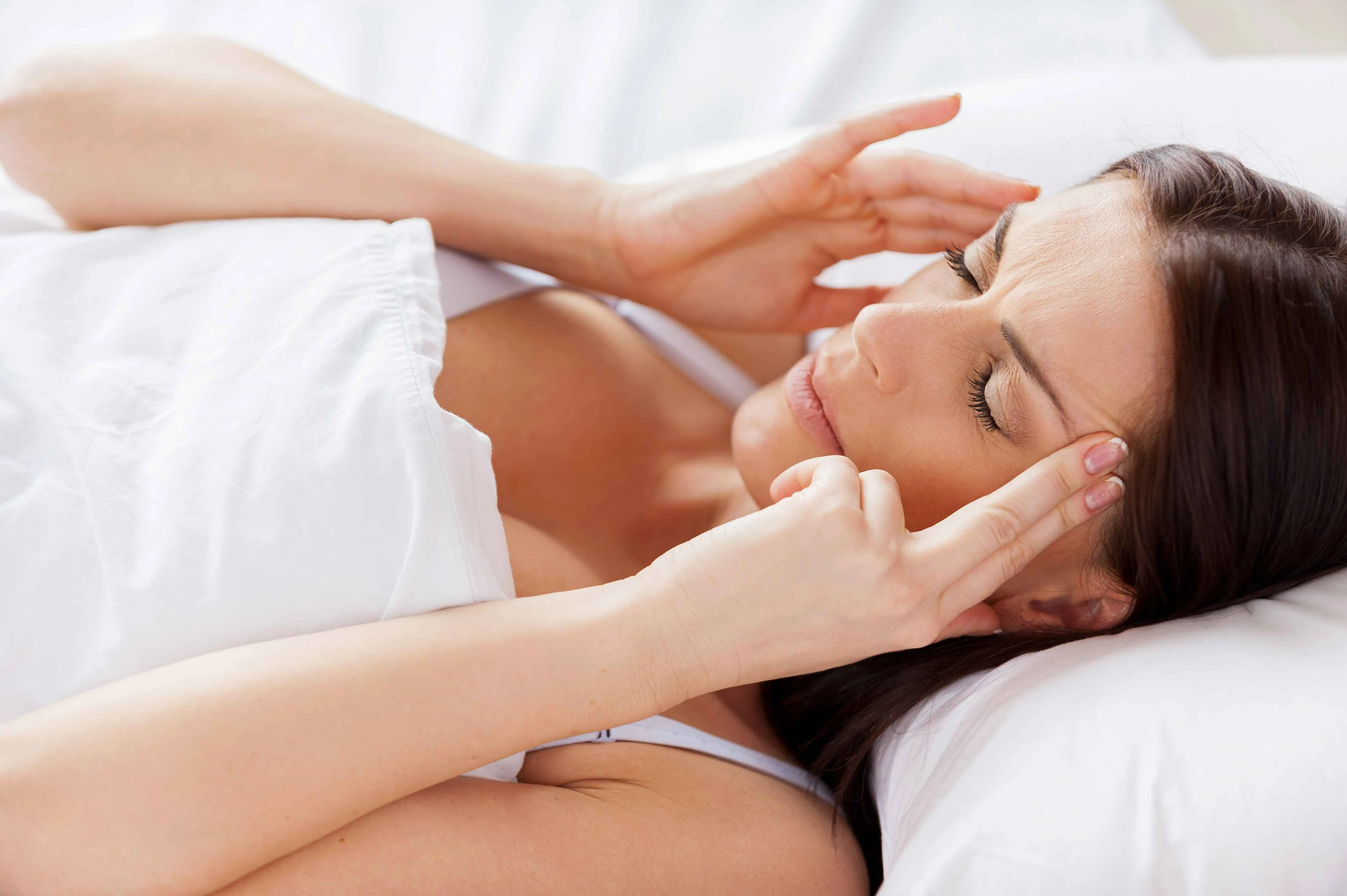Insomnia is a common yet complex sleep disorder that affects millions of people worldwide, leading to restless nights and daytime fatigue.
From behavioral therapies like Cognitive Behavioral Therapy for Insomnia (CBT-I) to alternative approaches like acupuncture and light therapy, individuals can explore multiple options to find what works best for them.
In this article, we will delve into the most effective treatments for insomnia, providing insight into both conventional and alternative methods to help you achieve better sleep and reclaim your nights.
Understanding Insomnia
Insomnia is a sleep disorder characterized by persistent difficulties in falling or staying asleep, resulting in inadequate or poor-quality sleep.
Insomnia can be caused by various factors, including stress, anxiety, and depression, which disrupt the body's natural sleep cycle. Other common causes include poor sleep hygiene, excessive caffeine consumption, and underlying medical conditions like chronic pain or sleep apnea.
It can manifest in various forms, including difficulty initiating sleep, frequent awakenings during the night, or waking up too early and being unable to fall back asleep. Insomnia can be acute, lasting for a short period, or chronic, persisting for months or even years.
Behavioral Therapies for Insomnia

In addition to lifestyle modifications, various behavioral therapies have proven effective in treating insomnia. These therapies aim to change sleep-related behaviors and thought patterns that contribute to insomnia. Some commonly used behavioral therapies include:
CBT-I
CBT-I is a structured program that helps individuals identify and change negative thoughts and behaviors related to sleep.
It involves techniques like cognitive restructuring to challenge unrealistic beliefs about sleep, sleep education to promote better sleep hygiene, and relaxation methods to reduce anxiety around sleep, offering a long-term solution for managing insomnia.
Sleep Restriction Therapy
Sleep Restriction Therapy focuses on limiting the time spent in bed to increase sleep efficiency. By initially restricting time in bed and gradually increasing it as sleep improves, this therapy helps the body re-establish a more consistent sleep-wake cycle and encourages deeper, more restorative sleep.
Stimulus Control Therapy
Stimulus Control Therapy aims to break the association between the bedroom and wakefulness. This approach involves using the bed only for sleep (and intimacy), getting up if unable to sleep, and only returning to bed when feeling sleepy, which helps condition the brain to view the bedroom as a place for rest, not for worrying or watching TV.
Relaxation Techniques
Relaxation techniques, such as deep breathing, progressive muscle relaxation, and guided imagery, help reduce physical and mental tension that may be contributing to insomnia.
These methods activate the body’s parasympathetic nervous system, promoting a state of calmness that makes it easier to fall asleep and stay asleep.
Paradoxical Intention
Paradoxical Intention involves encouraging the person to try to stay awake rather than forcing themselves to sleep.
By reducing the pressure to fall asleep, this technique often helps to alleviate the anxiety that can keep people awake and allows sleep to occur more naturally.
Natural Remedies and Supplements for Insomnia

In addition to conventional treatments, many individuals turn to natural remedies and supplements as alternative or complementary approaches to managing insomnia. While the scientific evidence supporting their efficacy varies, some commonly used options include:
- Melatonin: A naturally occurring hormone that regulates the sleep-wake cycle, melatonin supplements are often used to help establish a consistent sleep pattern and improve sleep quality.
- Valerian Root: This herb has been traditionally used as a mild sedative and sleep aid, although its effectiveness remains inconclusive.
- Chamomile: Known for its calming properties, chamomile tea or supplements may help promote relaxation and improve sleep quality.
- Lavender: The aroma of lavender is believed to have a calming effect and may aid in sleep initiation and quality.
- Magnesium: This mineral plays a role in regulating sleep and may help improve sleep quality when taken as a supplement.
- Tart Cherry Juice: Rich in melatonin and other compounds, tart cherry juice may help regulate the sleep-wake cycle and improve sleep duration and quality.
Alternative Therapies for Insomnia
In addition to conventional treatments and natural remedies, several alternative therapies have been explored for their potential benefits in addressing insomnia.
Acupuncture
Acupuncture is an ancient Chinese practice that involves inserting fine needles into specific points on the body to balance the flow of energy (Qi).
Some studies suggest that acupuncture may help reduce symptoms of insomnia by promoting relaxation, improving circulation, and regulating the body’s sleep-wake cycles, offering a drug-free alternative to improve sleep quality.
Massage Therapy
Massage therapy is a hands-on technique that can help reduce muscle tension and stress, both of which are common contributors to insomnia.
By promoting relaxation and improving blood circulation, massage may enhance sleep quality and help the body transition into a more restful state, potentially aiding those with chronic sleep disturbances.
Yoga and Meditation
Yoga and meditation are mind-body practices that encourage relaxation and mindfulness, which can be highly effective in reducing insomnia.
Gentle yoga stretches before bed, along with meditation techniques like deep breathing or mindfulness, can help calm the nervous system, lower stress levels, and prepare the body and mind for a restful night’s sleep.
Learn more about the Best Exercises for Insomnia.
Light Therapy
Light therapy involves exposure to bright light, typically in the morning, to help regulate the body's circadian rhythm.
This treatment is particularly effective for individuals with sleep disorders caused by disrupted internal clocks, such as those with shift work or jet lag, as it helps realign sleep patterns by mimicking natural sunlight.
Hypnotherapy
Hypnotherapy uses deep relaxation and focused attention to change negative thought patterns related to sleep.
By guiding individuals into a state of heightened suggestibility, hypnotherapists can help reduce sleep anxiety, promote relaxation, and retrain the mind to adopt healthier sleep habits, making it a potential alternative treatment for insomnia.
Creating a Sleep-Friendly Environment
Optimizing your sleep environment can play a crucial role in promoting better sleep quality and managing insomnia. Here are some tips for creating a sleep-friendly space:
- Bedroom Temperature: Maintain a cool, comfortable temperature in your bedroom, typically between 65°F (18°C) and 70°F (21°C). Extreme temperatures can disrupt sleep.
- Light Control: Ensure your bedroom is dark and free from external light sources. Use blackout curtains or an eye mask to block out light, which can interfere with melatonin production and sleep quality.
- Noise Reduction: Minimize external noise by using earplugs, white noise machines, or soundproofing materials if necessary. Even small noises can disrupt sleep cycles.
- Comfortable Bed: Invest in high-quality, comfortable bedding that suits your personal preferences. Sheets, pillows, and mattresses that promote proper spinal alignment and temperature regulation can contribute to better sleep.
- Decluttering and Organization: Keep your bedroom clean, organized, and free from distractions or clutter. A calm and peaceful environment can promote relaxation and better sleep.
- Eliminate Electronic Devices: Remove televisions, computers, and other electronic devices from the bedroom, as the blue light emitted by these devices can disrupt your body's natural sleep-wake cycle.
- Aromatherapy: Consider using calming essential oils, such as lavender or chamomile, to create a relaxing atmosphere in your sleep environment.
FAQs
What are the most common treatments for insomnia?
Common treatments for insomnia include CBT-I, medication, and lifestyle changes. CBT-I is considered the gold standard and helps patients identify and change thoughts that worsen sleep.
Are sleep medications safe for long-term use?
Sleep medications, such as benzodiazepines, non-benzodiazepine sedative-hypnotics, and over-the-counter options, are generally effective for short-term relief of insomnia.
Can lifestyle changes help improve insomnia?
Yes, lifestyle changes are one of the most effective ways to manage insomnia, often without the need for medication. Key strategies include maintaining a consistent sleep schedule, reducing caffeine, and establishing a calming pre-sleep routine.
When should I seek professional help for insomnia?
If insomnia persists for more than 3 weeks, it’s important to consult a healthcare provider. Chronic insomnia can significantly impact your mental and physical health, leading to mood disorders, weakened immunity, and an increased risk of chronic conditions like heart disease.
Conclusion
While insomnia can be frustrating, it’s important to remember that effective treatments are available to help you regain control of your sleep.
Whether through behavioral changes, therapeutic interventions, or alternative therapies, there are a variety of approaches that can provide lasting relief. The key is to find the treatment that suits your unique needs and lifestyle.
Dom Abraham
As the lead content writer at Sleepiverse. Dom pours his heart into writing mattress reviews, bedding product reviews, and medically-reviewed health articles. Dom is from Portugal and likes to spend his free time writing on the beach as it gives him a sense of comfort. Aside from writing mattress reviews in front of the soothing beach view, Dom likes to experiment with new amazing food ideas.


